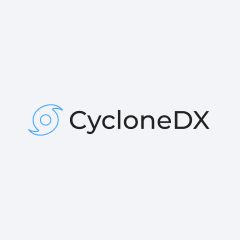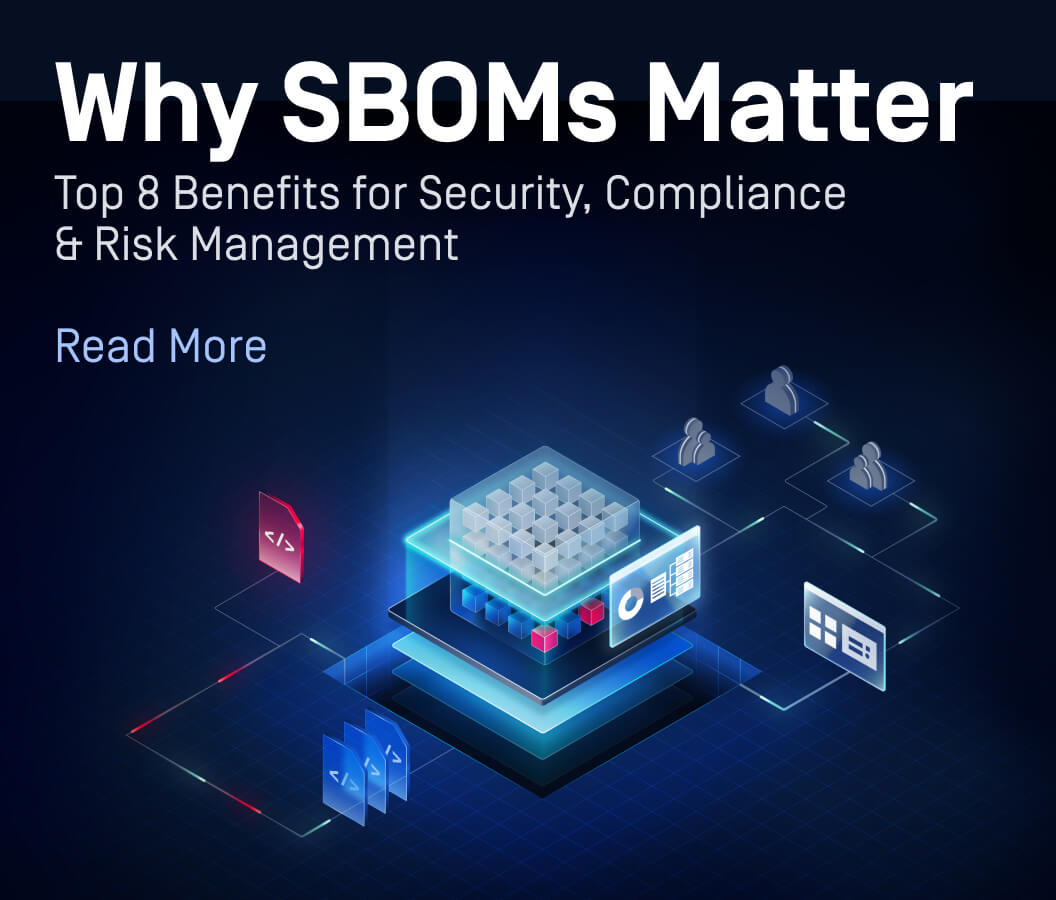Today we’re excited to release MetaDefender Core v5.11.1. This release includes several new features such as new Software Bill of Materials (SBOM) generation formats, enhanced file handling for Adaptive Sandbox, proxy support for On-premises License Management System (OLMS), and management dashboard enhancements.
New Formats for SBOM Data Export
SBOMs are essential for software development and vulnerability management. To ensure consistency and compatibility, and to maintain compliance, SBOMs must adhere to specific formats or standards. These standards define the structure, content, and sharing mechanisms for SBOMs, making them easily understandable by both humans and machines. MetaDefender Core 5.11.1 now includes SPDX and CycloneDX, two standard formats for SBOM generation:

Software Package Data Exchange (SPDX)
Developed by the Linux Foundation, SPDX is an open-source, machine-readable format designed to promote transparency and compliance in open-source and proprietary software management.

CycloneDX (CDX)
Created by the OWASP community, CDX is another open-source, machine-readable format that prioritizes ease of use and automation in SBOM generation throughout the software development lifecycle.

Adaptive Sandbox: Enhanced File Handing
To optimize performance and reduce unnecessary load on the Adaptive Sandbox engine, MetaDefender Core will now only send archive files to Adaptive Sandbox if their file types are included in the supported list and are selected by users. Additionally, MetaDefender Core will no longer send nested files when the parent archive file type is supported and selected.
This enhancement helps to ensure that Adaptive Sandbox focuses on processing relevant files, leading to improved performance and overall system efficiency.

Proxy Support for On-Premises License Management Server (OLMS)
Connecting to external systems can introduce security risks and compliance challenges. Traditional network configurations may not provide adequate protection against unauthorized access or data breaches. MetaDefender Core v5.11.1 now supports connecting to the OLMS through a proxy server.
MetaDefender Core Dashboard: More Metrics
Understanding the performance of each file scan session within MetaDefender Core enables users to manage the scan processes and identify performance bottlenecks as well as resource wastage.

MetaDefender Core v5.11.1 provides broader metrics for number of files scanned versus blocked files, average processing time, processing stage, file size, file type, and more.

This new dashboard setup provides a comprehensive overview of file scanning activity performed by individual users within MetaDefender Core. It offers detailed insights into:
User Information
- Username: The unique identifier for each user.
- Status: The current status of the user (e.g., active, inactive).
- Source: The original IP address from which the user is accessing MetaDefender Core.
File Scan Metrics
- Number of Files Scanned: The total count of files each user has scanned.
- Scan Duration: The cumulative time spent on file scanning operations per user.
- Total Processed Files: The total number of scanned files per user.
- Total Blocked Files: The total number of files blocked as compared to the total number of scans.Blocked File Verdict: The total number of files blocked by a specific module or engine (e.g., Deep CDR™, Multiscanning, Proactive DLP, SBOM).
These metrics can be used to identify potential performance bottlenecks, assess user activity patterns, and optimize system resources accordingly.
Managing a large number of file scans within MetaDefender Core can be time-consuming and challenging. MetaDefender Core v5.11.1 introduces an updated system health dashboard that offers a new way to visualize file queues and allocation.

The file scan queue has been optimized to streamline file scan management, categorized into extracted files, original files, and available scan slots, allowing users to efficiently track the file scanning process.
Release Details
Product: MetaDefender Core
Release Date: 28 August 2024
Release Notes: 5.11.1
Download now: OPSWAT Portal
For more information, talk to our cybersecurity experts.

